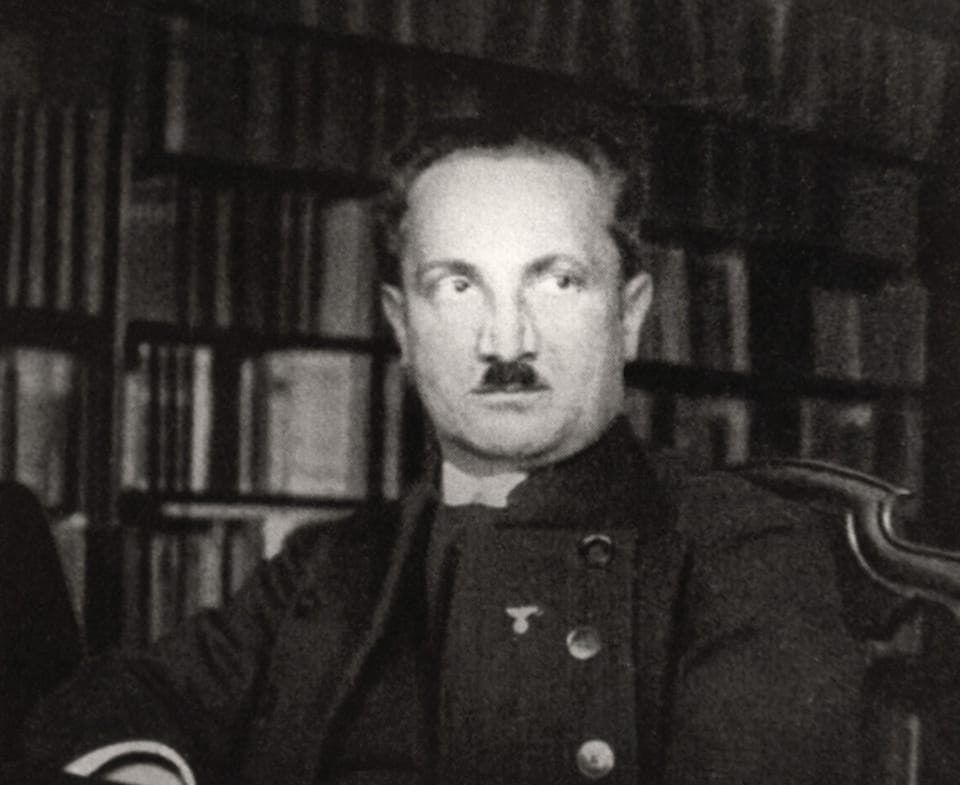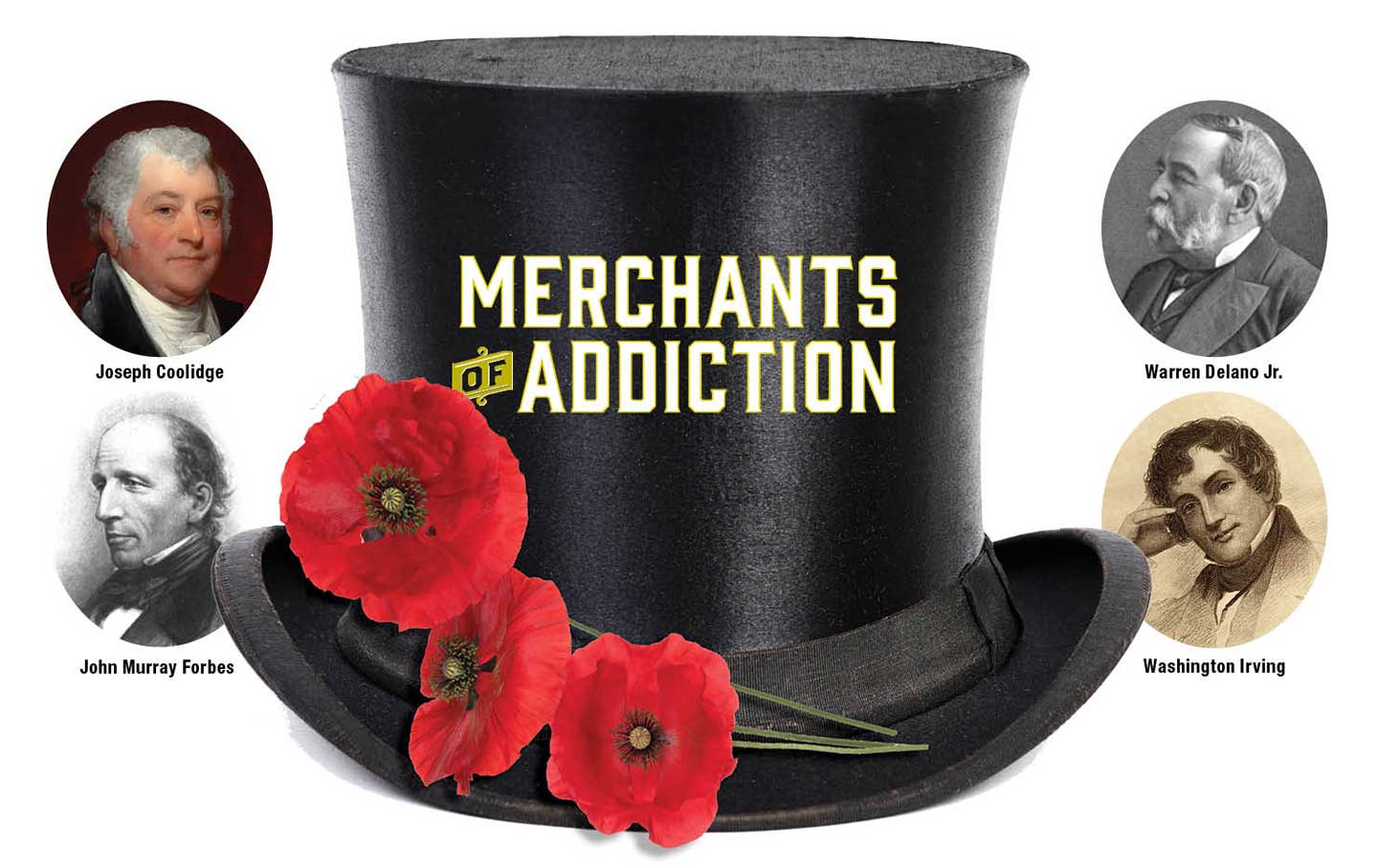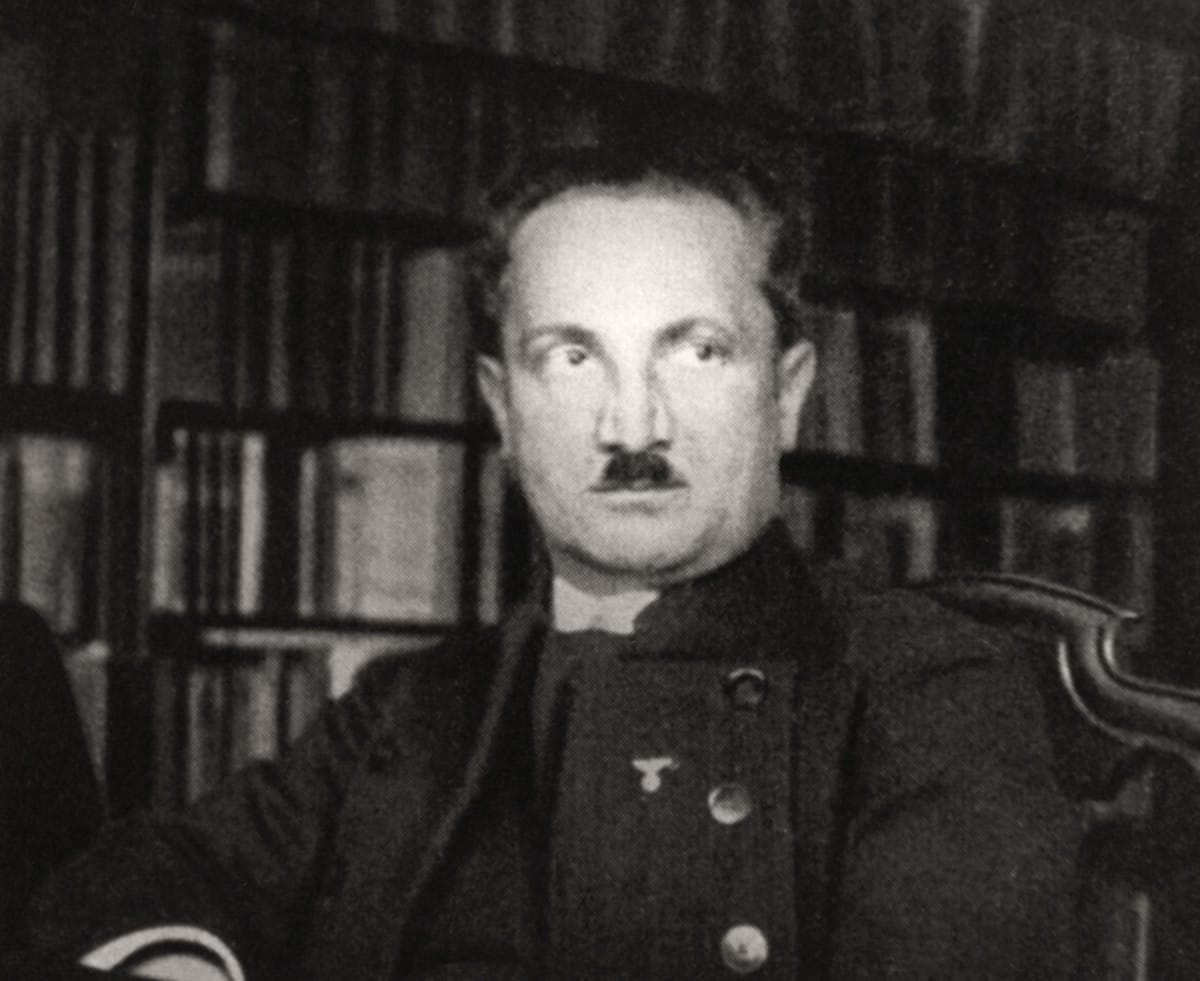Kerim’s Triptych for Sunday, March 3rd, 2024

Welcome to Kerim's Triptych, a free newsletter that delivers 3 items to your email inbox, 3 times a month. If you didn't intend to subscribe, or you don't want to receive these anymore, there is an unsubscribe link at the bottom.
Item 1: Merchants of Addiction

The Nation magazine has an excerpt from Amitav Ghosh’s forthcoming book, Smoke and Ashes: Opium’s Hidden Histories. It tells the story of how American Blue Blood families, like the Astors, the Peabodys, and the Delanos, made their fortunes from the opium trade in China.
A case in point is the family of Washington Irving, the author of “Rip Van Winkle,” “The Legend of Sleepy Hollow,” and other classic American stories. . .
Will seems to have come to the conclusion that his inability to rise in Russell & Co. was due to the fact that, unlike Abbot Low and Warren Delano Jr., he had no funds of his own to speculate on opium. So he wrote to his relatives to raise money for him, which they very obligingly did, creating a small family fund in which Washington Irving, who appears to have been surprisingly well-informed about opium dealings in Canton, also invested. “You will have great opportunities of speculating,” wrote brother Theodore, “Uncle Washington has commissioned father to advance monies, to allow you to speculate.” Despite this, advancement still eluded William, and he continued to flounder. Perhaps he found drug-trading distasteful; or perhaps he had no head for business; or perhaps his failure to get ahead was due to the fact that unlike Delano and Low, both of whom were from Massachusetts families, he had no close relatives in the Boston firms that were Russell & Co.’s closest partners. As a last resort, the Irving family placed their hopes for Will’s future in the hands of another well-connected American, Joseph Coolidge.
Item 2: Heidegger’s Nazism

I found Gustav Jönsson's review of review of two books on Martin Heidegger to be well worth reading. The two books are Martin Heidegger’s Changing Destinies: Catholicism, Revolution, Nazism by Guillaume Payen, and Heidegger in Ruins: Between Philosophy and Ideology by Richard Wolin.
Together, they make an incontrovertible case that there was nothing naive in his support for Adolf Hitler — his outlook reflects a clear and deep-seated commitment to the worldview of Nazism.
Between 1929 and 1930, Heidegger took what he described as a philosophical Kehre (turn), shifting focus to an examination of Dasein, a word comfortably translated as “existence” but which Heidegger uses to denote the mode of experiencing reality available to human beings who assume a familiarity and concern for the social world. Through this notion, Payen argues, Heidegger treats a volkish outlook as the natural mode of relating to the world. Payen thus writes that Being and Time, published in 1927, “turned out to be an upscale Blut und Boden [blood and soil] work.”
Wolin, who proceeds somewhat more thematically than Payen, shows the numerous close links between Heidegger’s philosophy and politics. Heidegger believed that Germans were “the most metaphysical of peoples” because they were uniquely rooted in their soil (Bodenständigkeit). This meant that they were fated to reconnect history with Being — he thus believed in the Nazi “New Awakening” with “inner conviction.” In the Notebooks, he praised Nazism as a “barbaric principle.” . . . He referred to the Jews as “rootless” because of their supposedly “cosmopolitan” and “nomadic” racial nature; it threatened, he believed, the German Volk’s destiny.
Item 3: Victory Garden 2022

I'm currently working my way through the collected stories of Jorge Luis Borges and was intrigued by one called "The Garden of Forking Paths." Investigating that, appropriately enough, led me to Victory Garden. As per Wikipedia, Victory Garden, by Stuart Moulthrop, "is one of the earliest examples of hypertext novels, and is notable for being very inventive and influential in its genre." Written in 1991, against the backdrop of the Gulf War, it was unfortunately distributed on CD using software that no longer runs on most modern computers. Thankfully, in 2022, a team completely re-worked the interface for the web, even adding new guided paths through the sprawling story. (Note: I had to disable my browser's privacy and adblocking features before it would load properly.)
Endnote
Enjoying Triptych? Please consider writing a short blurb/endorsement to help me promote the newsletter. You can just email it to me, or enter it in this Google form.
You can also show your appreciation by switching to a paid account. A big shout out to my current paid subscribers, whose contributions keep this place running. Thank you.

Member discussion